Medicine is both an art and a science. Medical humanities is a field within medical education that encompasses philosophy, ethics, the arts, history, sociology, psychology and anthropology. Medical education trains physicians, and is primarily focused on the biomedical sciences, evidence-based medical practice, and data analysis. These skills are crucial for diagnosing and selecting effective treatment for patients. But patients are more than the sum of their symptoms; they are unique people with complex lives, hopes, and goals for their health. The study of humanities, like medicine, is interested in the human condition and human experiences. The study of humanities in medical education focuses on interpreting stories and narrative, understanding cultural and social contexts, developing empathy, and balancing competing viewpoints and values. An integrated study of both science and humanities can contribute to deeper physician-patient relationships and care that centers the patient’s values, needs, and goals in decision-making.
Batistatou A, Doulis EA, Tiniakos D, Anogiannaki A, Charalabopoulos K. The introduction of medical humanities in the undergraduate curriculum of Greek medical schools: challenge and necessity. Hippokratia. 2010 Oct;14(4):241-3. PMID: 21311630; PMCID: PMC3031316.

